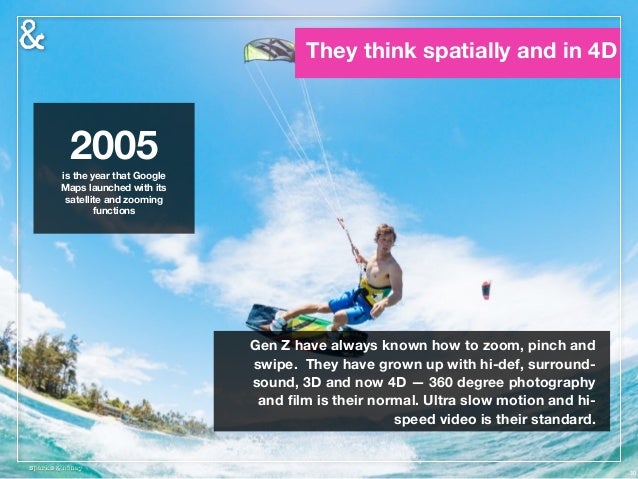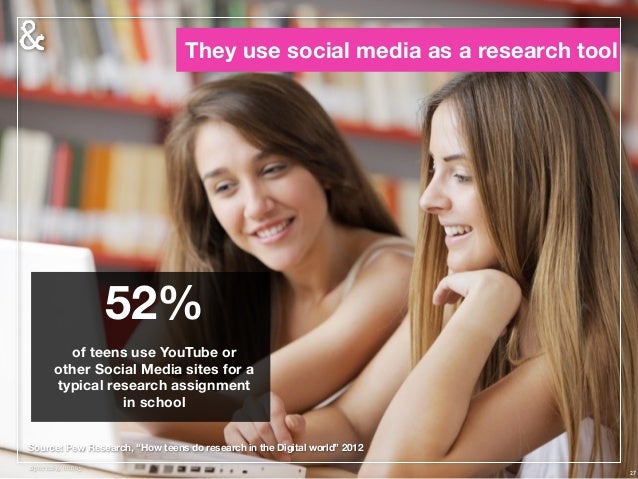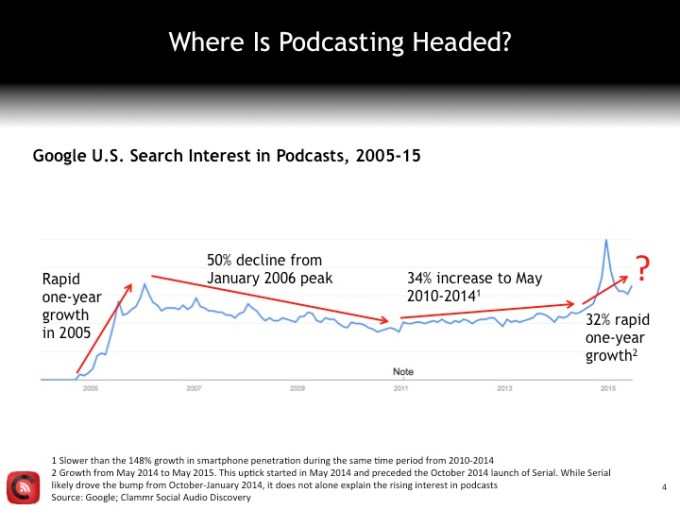please have two great articles on the use of social media in the library:
1. Experts as facilitators for the implementation of social media in the library
Vanwynsberghe, H.., Boudry, E.., Verdegem, P.., & Vanderlinde, R.. (2014). Experts as facilitators for the implementation of social media in the library? A social network approach. Library Hi Tech, 32(3), 529-545. doi:10.1108/LHT-02-2014-0015
Excellent article. Apparently, they do things differently in Belgium.
“Social media literacy” (SML) can be defined as not only the practical
and critically cognitive competencies possessed by users of social media, but also the
motivation to employ these media effectively and appropriately for social interaction
and communication on the web (Vanwynsberghe and Verdegem, 2013).
Repeated by me numerous times, but ignored consistently.
p. 530 Therefore, the aim of this study is to empirically assess how a social media expert, or the employee with the most knowledge and skills concerning social media, in the library facilitates, or impedes, the information flow and implementation of social media in the library.
p. 541 The findings suggest that such social media experts play a significant role in either supporting or constraining the information flow and implementation of social media.
5.2 A social media expert plays an important role in the library for spreading
information about social media Unsurprisingly, social media experts are the most central actors for giving social media information; they share more social media information with other librarians and rarely receive information in return. Any information they do receive mostly comes from a person skilled in social media use. The social media expert as the central actor in the information network has the power to facilitate or prevent information exchange about social media (Scott and Carrington, 2012).
this is, if the experts are ALLOWED to participate. What if the social media access is usurped by very few others?
even worse, what if the social media is decentralized across?
++++++++++++++++++++++++++++++++++
2.
Woodsworth, A., & Penniman, W. D. (2015). Current Issues in Libraries, Information Science and Related Fields. Emerald Group Publishing.
Mon, L. and Phillips, A. (2015) ‘The social library in the virtual branch: Serving adults and teens in social spaces’, in Current Issues in Libraries, Information Science and Related Fields. Emerald, pp. 241–268.
The Social Library in the Virtual Branch
p. 256 Lorri Mon and Abigail Phillips. Measuring and Assessing the Results of Social Media Activities
public libraries
at the moment the success is assessed and quantified according the activity by the library and the users.
beyond the activities of viewing, friending, liking, following, commenting, mentioning, and sharing and re-sharing, an important question is: How has this social media activity contributed to furthering the library’s mission, goal, and objectives?
p. 257 Assessing the impact, influence and reach of the library’s social media requires more effort than simply counting followers, friends and likes; e.g. assessing friends or followers as a percentage of the library’s services area.
Planning an impact assessment might involve measuring traffic to the physical library or to specific library web pages before and after FB or Twitter posting, or measuring usage of particular resources before and after a social media promotion.


